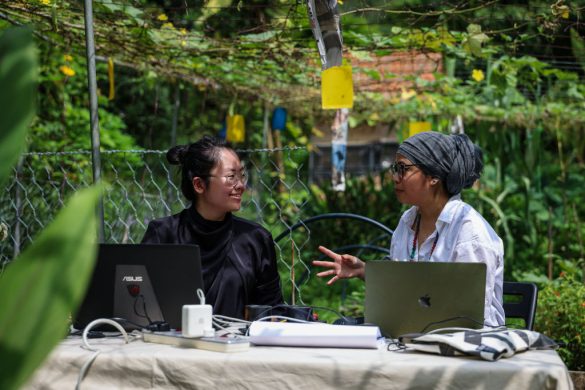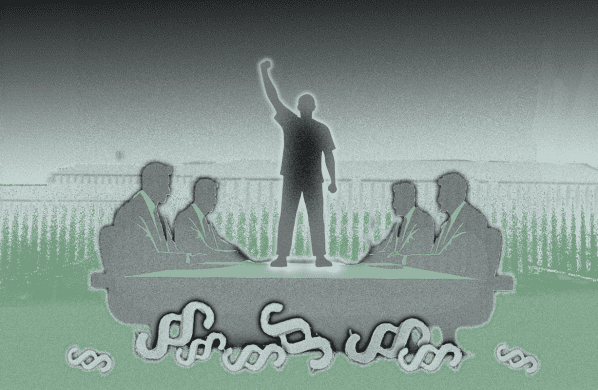A landmark report released Friday calls for fundamental changes in how decisions are made concerning the worlds natural resources.
The report, World Resources 2002-2004: Decisions for the Earth – Balance, Voice, and Power, stresses the urgent need for such changes to arrest the accelerating deterioration of the worlds environment and to address the crisis of global poverty.
The report calls on governments to include the public in decisions that affect ecosystems, and for integration of environmental impacts into economic decision-making.
It also identifies public access to information from governments, business, and non-governmental organizations as a necessary precursor to improved environmental performance. The report argues that greater transparency and accountability can lead to fairer and more effective management of natural resources.
– Policies that protect natural resources contribute to creating fairer societies, said Cristina Narbona Ruiz, Spains minister of the environment. – The poor management of natural resources increases the division among poor and rich countries; it mortgages the future possibilities of millions of human beings, and in many cases demonstrates the difference between a democracy and an authoritarian system, added she.
Statistics from World Resources 2002-2004 indicate an overwhelming human dependence on rapidly deteriorating ecosystems, the systems that support all life on earth.
One out of every six humans depends on fish for protein needs, yet 75 percent of the worlds fisheries are over-fished or fished at their biological limit. Nearly forty-one of every 100 people live in water-stressed river basins. Some 350 million people are directly dependent on forests for their survival, with global forest cover declining by 46 percent since pre-agricultural times. Nearly half of the worlds population lives on less than two dollar a day.
– Poor communities are particularly vulnerable to failed environmental governance, since they rely more heavily on natural resources for subsistence and income, said Warren Evans, Acting Director of the World Banks Environment Department. – They are less likely to share in property rights that give them legal control over these resources.
– Democratization of environmental decision-making is one of the most direct routes to better environmental decisions, said Jonathan Lash, president of the World Resources Institute (WRI). – It is also a powerful lever for better governance more generally, because people are willing to engage their governments on decisions that bear so directly on their health and well-being.
World Resources 2002-2004 asserts that the best way to force government action is to empower citizens to demand it through increased public access to information, participation, and justice in environmental decision-making.
When constituencies for the environment and for the poor have a seat at the table, the resulting decisions are more likely to promote ecological sustainability, social equity, and lasting conflict resolution.
World Resources 2002-20004: Decisions for the Earth is the 10th in a series of biennial reports on global environment and development issues published since 1984. Since 1988, it has been published jointly by the World Bank, the United Nations Development Programme, the United Nations Environment Programme, and the World Resources Institute.
Copies of World Resources 2002-2004: Decisions for the Earth – Balance, Voice, and Power can be downloaded from the media preview section of http://newsroom.wri.org. A 20-page journalists guide is also available.















